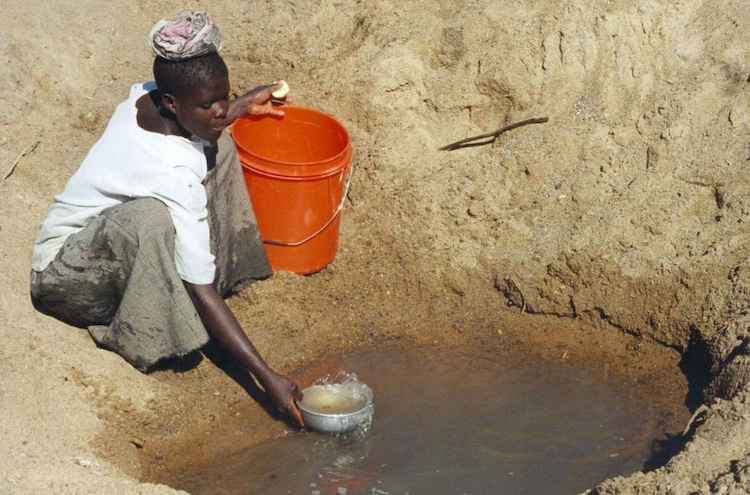By René Wadlow, President, Association of World Citizens
GENEVA, 28 March 2023 (IDN) — On 20 March 2023, the Intergovernmental Panel on Climate Change (IPCC) published a Synthesis Report based on its three previous reports covering eight years of work. The IPCC is a panel of 93 scientists co-chaired by Hoesung Lee of South Korea and Valerie Masson-Delmotte of France. The Synthesis Report stressed that “Prioritizing equity, climate justice, social justice, and just transition actions are needed for climate-resilient development.”
There are three billion people who live in areas that are highly vulnerable to climate change. One of the consequences of climate change is to increase migration from these vulnerable areas. The concept of safe and orderly migration has not yet been put into practice. Climate change also has a negative impact on food production.
The IPCC, created in 1988, makes recommendations for action, put policies have to be established and carried out by governments. Thus, a UN conference will be held in New York this September. The recommendations of the IPCC also influence the policy proposals of non-governmental organizations whose influence on climate issues is growing.
At the same period as the presentation of the IPCC report, a related UN Water Conference, 22-24 March, was held in New York. The conference stressed that fresh water is a crucial resource and that the future well-being of the world society will depend on how well we manage this global supply of fresh water.
Some 26 per cent of the world’s population today lack access to safe drinking water. There are falling water tables in many countries. Much fresh water is polluted by untreated wastewater, nitrates from agriculture, and the release of hazardous chemicals. Climate change seems to have created increased rainfall variability.
The UN Water Conference highlighted an issue which has been a focus of the Association of World Citizens: the management and necessary cooperation of trans-frontier river systems. The management of trans-frontier river systems has a strong political colouring and a potential for conflict as we see with the Jordan River, the Nile, the Tigris and the Euphrates and the Ganga.
The IPCC and the UN Water Conference have set out the challenges facing both governments and non-governmental organizations. Cooperation for joint action is needed. Building on this awareness of the need for cooperation is vital. We must work actively on the next steps. [IDN-InDepthNews]
Image: Mwamanogu Village water source, Tanzania. In Meatu District, Shinyanga Region, water most often comes from open holes dug in the sand of dry riverbeds, which is invariably contaminated. Wikimedia Commons.
IDN is the flagship agency of the Non-profit International Press Syndicate.
Visit us on Facebook and Twitter.
We believe in the free flow of information. Republish our articles for free, online or in print, under Creative Commons Attribution 4.0 International, except for articles that are republished with permission.

